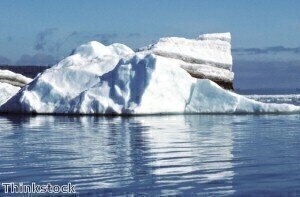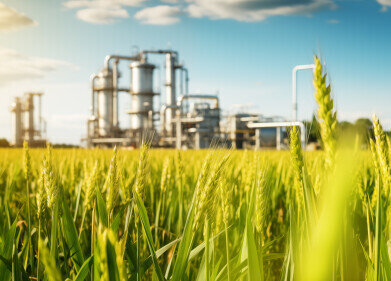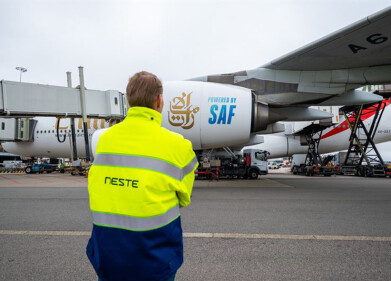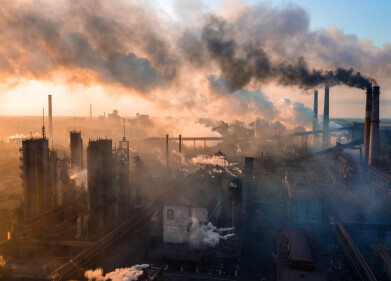Fuel for Thought
Methane leaks in the Arctic could accelerate climate change
May 21 2012
Methane leaks in the Arctic could accelerate climate change, according to researchers, who recently found patches of methane in remote regions of the Arctic Ocean away from known methane sources.
Global warming has caused the Arctic sea ice to break apart, and in doing so, it opens up massive amounts of methane which could be released into the atmosphere from the cold waters beneath. Researchers have been in the Arctic for some time collecting data on this climate change phenomenon, and recent indications suggest that the methane levels could be more widespread than first anticipated.
New evidence has revealed high concentrates of methane in the air above the cracks in the ice. This could exacerbate Arctic warming, and could also accelerate global climate change if other methane stores are released.
Researchers are already aware of these vast stores of methane that the Arctic holds, but this doesn't explain why Eric Kort of the Jet Propulsion Laboratory in Pasadena, California, and his colleagues found patches of methane in remote regions of the Arctic Ocean, far from any of these known methane sources.
According to Mr Cork, in the methane-rich regions, around two milligrams of the gas were being released per square metre of ocean every day. Some have suggested that some of this could be coming from oil rigs and gas plants in Prudhoe Bay, Alaska, but the researchers said that prevailing wind directions make these plants an unlikely source of the release.
In order to confirm these findings, replica tests need to be carried out. Euan Nisbet, an earth scientist at Royal Holloway, University of London said if they are confirmed then mechanism could prove to be a significant source of greenhouse gas.
He added: "We know the Arctic is warming very fast indeed, and as the warming climate leads to more breaks in the sea ice, more ice-surrounded patches of open water will be able to release their methane, further accelerating global warming.”
Posted by Claire Manning
Digital Edition
PIN 25.1 Feb/March
March 2024
In This Edition Safety - The technology behind the ION Science Tiger XT - Safety with ammonia and LOHCs as hydrogen carriers Analytical Instrumentation - Discussion on new tribology te...
View all digital editions
Events
Apr 28 2024 Montreal, Quebec, Canada
Apr 30 2024 Birmingham, UK
May 03 2024 Seoul, South Korea
May 05 2024 Seville, Spain
May 06 2024 Riyadh, Saudi Arabia


















